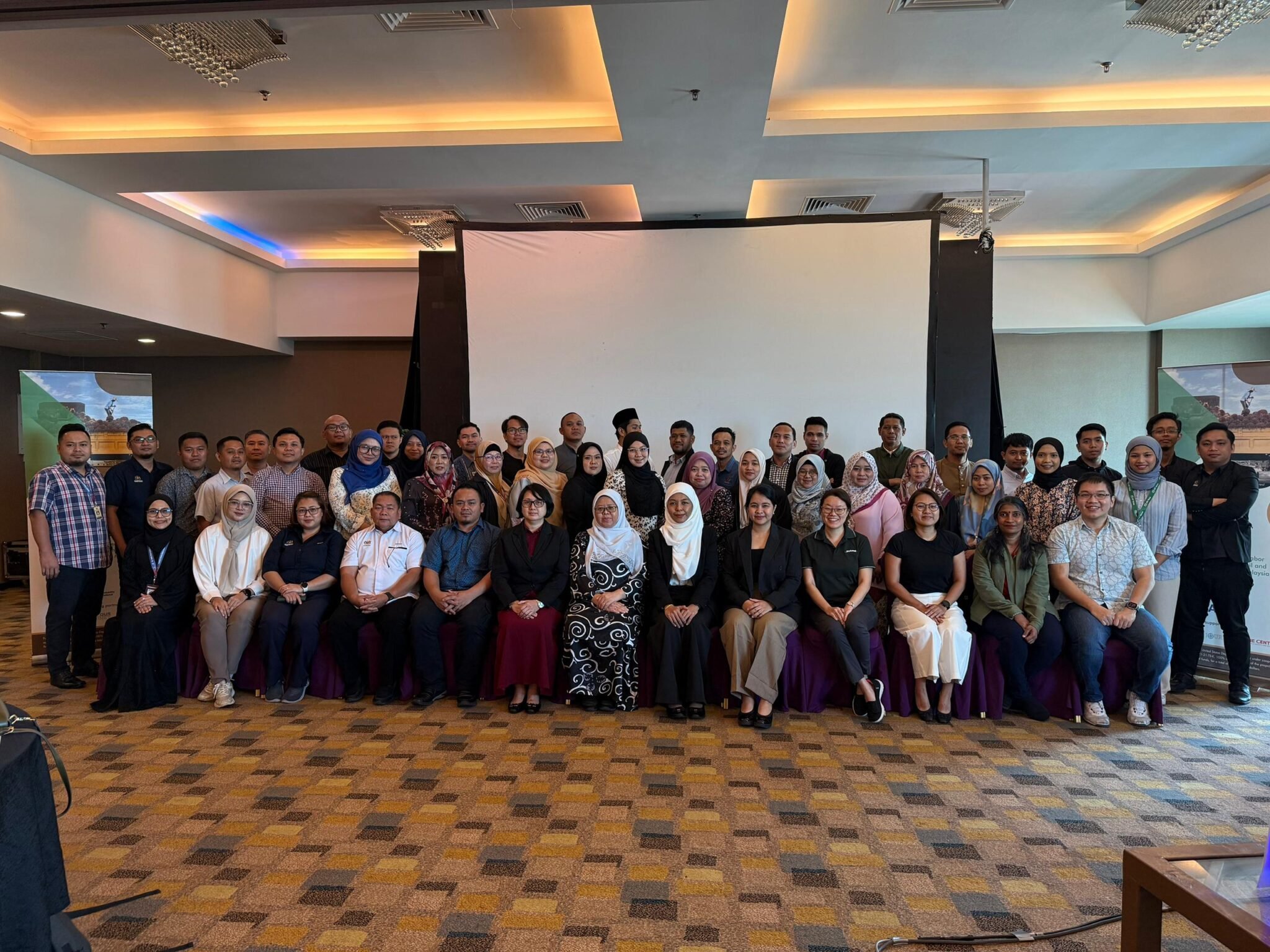Abandoning Change in Malaysia
Malaysia is the world’s second-largest palm oil producer and a significant exporter of garments—two sectors critical to U.S. and global consumers and businesses, which the U.S. Department of Labor has flagged for potential issues related to forced labor and child labor. Building local capacity and awareness of rights is crucial to addressing these issues, as sustainable, long-term change depends on the ability of local actors to take ownership of labor issues and continually prevent, detect, and respond to violations.
When MY Voice’s funding was terminated, the project had trained over 500 local stakeholders in various aspects of labor performance and workers' rights, including local labor inspectors, community facilitators, private sector partners, and members of the National Union of Plantation Workers, encompassing migrant workers and union leaders. The project implemented a number of capacity-building initiatives, including its Training of Trainers methodology, which equips local trainers to cascade labor rights awareness and learnings throughout their communities.
Without funding, MY Voice is unable to complete its extensive plan to continue capacity building of critical stakeholders throughout Malaysia, as well as implement its two planned sessions of a 100-day change management program designed for three to five companies per session. This program unites workers and managers to address the root causes of workplace issues and achieve measurable improvements in specific social compliance challenges, while fostering a culture of continuous and sustainable improvement. The loss of these initiatives is detrimental to the efforts of local stakeholders. It leaves implementing organizations in a difficult position, requiring them to secure alternative funding to continue their work in improving the lives of workers and strengthening businesses and supply chains crucial to many economies, including the U.S.
Cutting this program directly impacts over 4,000 people in Malaysia.

